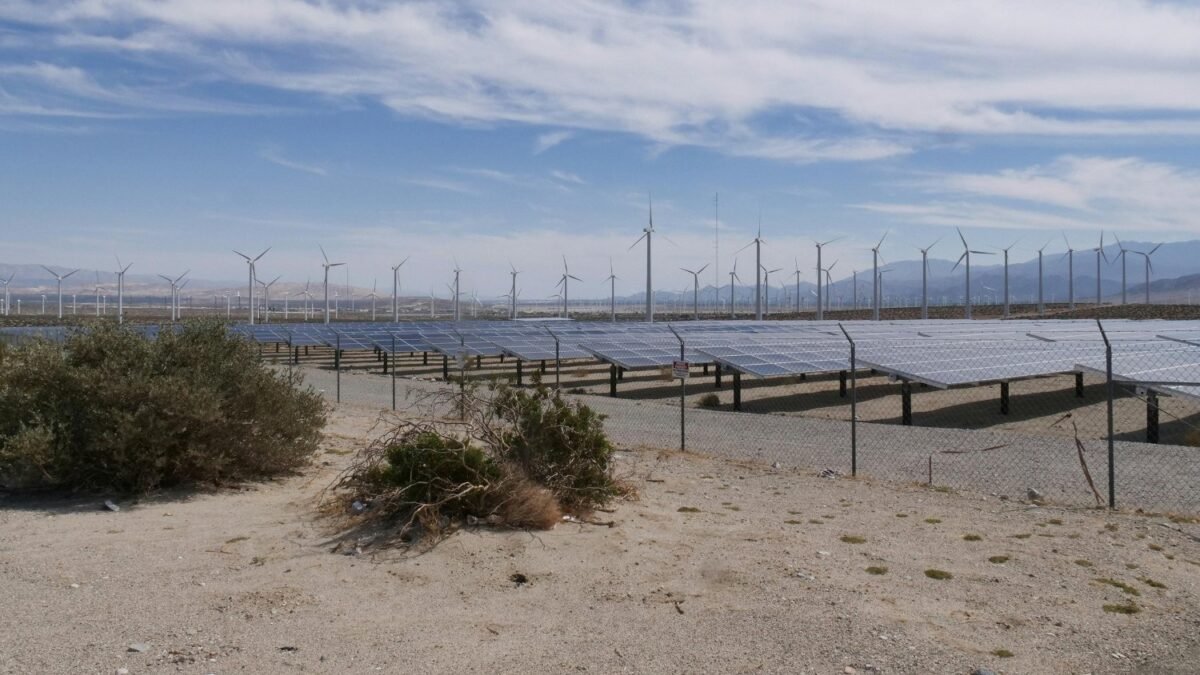Looking Forward: The Quiet Battle for Global Power

In the 20th century, oil pipelines were the main players in the energy game. But as we fast forward to the 21st century, renewable electric grids have taken center stage. Some countries are lagging behind, while others are charging full speed ahead into the future. And it’s not just about energy – it’s a deeply geopolitical game.
The New Battlefield: 21st Century Energy
It’s no longer just about generating electricity; it’s about who holds the keys to production and distribution. China understands this better than anyone. While some nations are stuck in the past, the Asian powerhouse is swiftly establishing a clean energy empire.
In May 2025, China added a whopping 93 gigawatts of solar capacity – that’s like installing about a hundred panels per second. They also incorporated 26 gigawatts in wind power, complete with around 5,300 new turbines. These figures surpass the total electrical output of countries like Poland or Sweden.
A Tailored Energy Strategy
China’s progress is no coincidence. The country has tied its climate goals with a massive industrial initiative. Xi Jinping has made it clear: renewable energies not only clean the air but also fuel the economy. China leads the world in the production of solar panels, turbines, batteries, electric vehicles, and more.
Additionally, China boasts nearly 700,000 patents in clean technologies. They invest, produce, export, and control every aspect of the chain. They are expanding their global influence without the use of weapons – it’s all about energy contracts, infrastructure, and technology.
Meanwhile, the U.S. Steps Backward
The United States, once at the forefront of energy innovation, now seems to be moving in reverse. Since the Trump era, its energy policy has prioritized fossil fuels. There have been efforts to push allies towards natural gas usage while scaling back on international clean energy programs.
Even major players like General Motors have shifted focus, scrapping electric motor plants to reinvest in gasoline engines. The disparity lies not just in the energy source but in the long-term vision. China is thinking three decades ahead, while the U.S. appears to be stuck in the short-term cycles of elections.
The energy landscape has reshaped global power dynamics forever. The International Energy Agency forecasts an inexorable rise in renewable sources. The nation that dominates these sources will also dictate future trade regulations, alliances, and diplomatic relations.
China has placed a solid bet. Their investment is deep-rooted, strategic, and unwavering. The big question is whether other major players are ready to respond with the same level of determination. Because in today’s world, whoever wields power over energy will ultimately control the globe.




